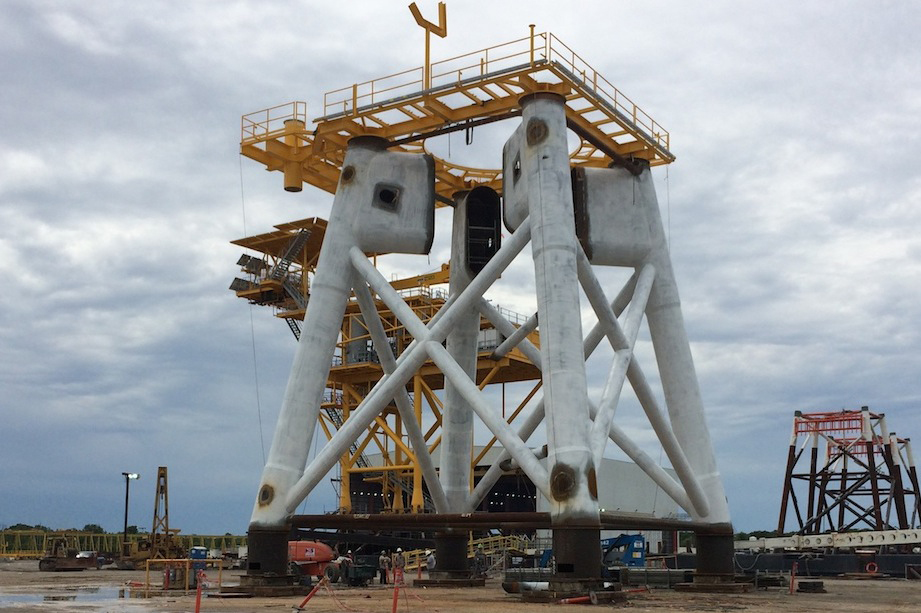Particularly, BNOW said there should be more cooperation regarding transmission and grids, in order to get what should be a large amount of offshore wind capacity to consumers.
"From Massachusetts to Virginia, the US is on track to create an offshore wind energy marketplace exceeding 10GW by 2030," said BNOW chief executive Liz Burdock.
"States such as Massachusetts New York are working to build an industry to protect the environment, generate jobs and provide affordable renewable energy.
"They are competing with other US states and, rightly so. But, states must also cooperate to minimise public costs, share resources and globalise what the US has to offer," Burdock added.
The report said states should look at new ways to grow grid transmission capacity.
"If the problem is not addressed soon, the offshore wind market could be held back, and policymakers' clean energy targets may slip," said BNOW executive vice president, Ross Tyler.
"What's necessary is communicating the risks of not acting on this issue and determining the benefits for congestion relief and ancillary services to incentivise state officials to build the infrastructure that allows gigawatts to be placed on the grid," Tyler added.

.png)



.png)









